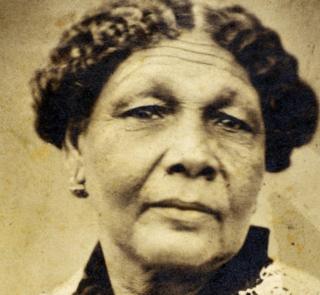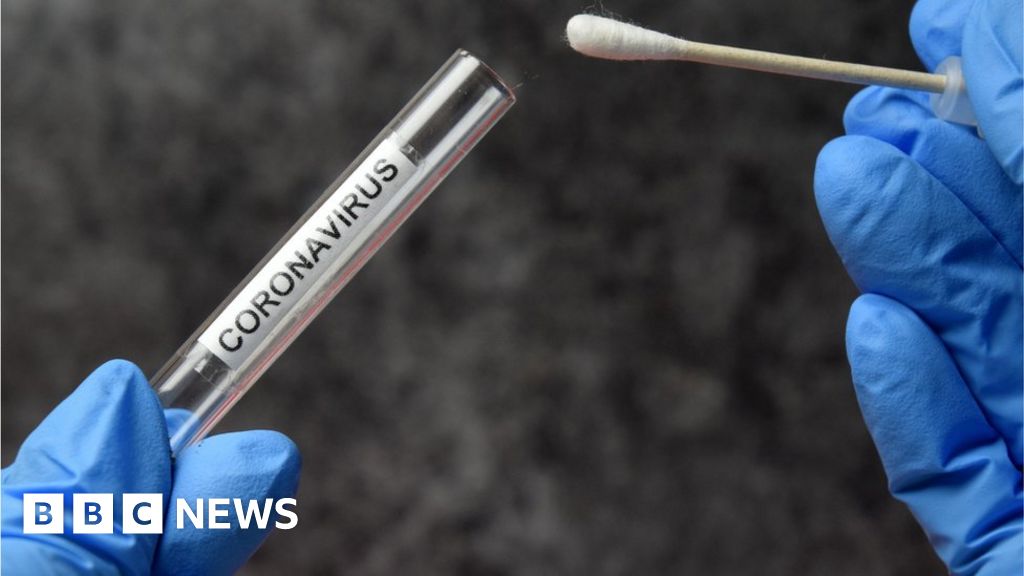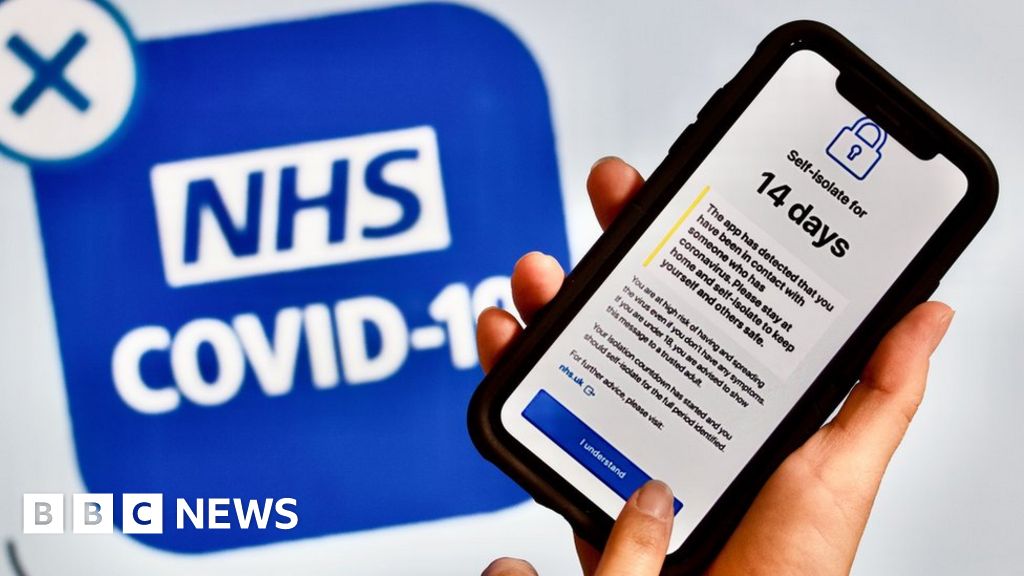 Image copyright
Mary Seacole Trust
Image caption
Mary Seacole, a self-taught nurse of Jamaican-Scottish heritage, died on 14 May 1881
Image copyright
Mary Seacole Trust
Image caption
Mary Seacole, a self-taught nurse of Jamaican-Scottish heritage, died on 14 May 1881
When a new community hospital named after pioneering nurse Mary Seacole opened in Surrey this month, it marked a victory long in the making for Patrick Vernon.
Patrick, a former NHS manager, has long campaigned for greater recognition for Seacole, a Jamaican-born nurse who cared for wounded British soldiers during the Crimean War.
For him, it was about acknowledging "the BAME contribution" to the NHS.
"It's not just her legacy, it's our legacy," says Patrick. "It is the ethnic minority and black historical experience.
"It's about acknowledging our contribution to Britain."
A memorial statue of Seacole was erected in 2016 in her honour in the grounds of London's St Thomas' hospital, where the prime minister recently underwent treatment for Covid-19. At the time, it was believed to be the first memorial statue of a named black woman in the UK.
As coronavirus took hold in the UK and temporary hospitals were rapidly constructed, Patrick launched a petition to have the field hospital at Birmingham's NEC named after Seacole so she could be acknowledged locally and nationally.
His petition received just under 15,000 signatures and was backed by actress Baroness Benjamin, and NHS diversity lead Yvonne Coghill.
He calls it "a good initial start" but admits he had been hoping for more responses.
Last month, NHS England announced that the Birmingham field hospital, alongside six others, would be named after Florence Nightingale.
Image copyright Centre for Ageing Better Image caption Patrick called the failure to recognise Seacole 'a glaring injustice'"I felt disappointed that she hadn't been acknowledged," says Patrick.
"Everyone knows Florence Nightingale, she is a national name. But recently the Royal College of Nursing have put Mary Seacole on the same footing because of her nursing contribution."
"It was like a kick in the teeth - especially because of the disproportionate number of BAME NHS staff and BAME people dying."
A recent study by the Office for National Statistics revealed that black people in England and Wales were nearly twice as likely to die with coronavirus.
The ONS said the risk to the BAME population could be increased by the fact that some ethnic groups may be "over-represented in public-facing occupations".
According to government figures, approximately 20% of all NHS workforce are from an ethnic minority background, rising to 44% of medical staff in England and Wales. Yet BAME people make up just 14% of the population.
"I wasn't criticising Florence Nightingale's contribution. But having something symbolic such as naming a hospital after Mary Seacole, would be a clear positive sign of acknowledgement of the BAME contribution to the health service.
"It felt like a glaring injustice."
A previous petition to have Seacole's image on the £50 note received more than 145,000 signatures, but ultimately proved unsuccessful. The note instead features computer pioneer Alan Turing.
Image copyright Mark LewisBut this time all was not lost.
On 4 May, Headley Court in Surrey - a former rehab centre for injured soldiers - was reopened as the Seacole Centre.
The NHS Seacole Centre, the first of its kind in England, will be used as a temporary service for patients recovering from Covid-19.
"Recalling the pioneering work of Mary Seacole rightly pays tribute to our BAME nurses and other staff at the forefront of the extraordinary NHS response to this terrible Covid-19 pandemic," says Sir Simon Stevens, NHS chief executive.
"It also serves as a timely reminder that it is their contribution over the past seven decades that has been a foundation for the very success and continuation of the NHS itself."
And Patrick isn't stopping there.
"As long as we have inequalities in society, there will always be a need to campaign for justice and fairness.
"These types of hospitals are temporary. We don't know how long these hospitals will last for because obviously the key thing is to make sure people recover.
"The renaming of the hospital is a good start. But why stop there? We should build upon this.
"We always have to remind people that we are here, that we are contributing, that we exist. We are not going away."

 5 years ago
767
5 years ago
767 

